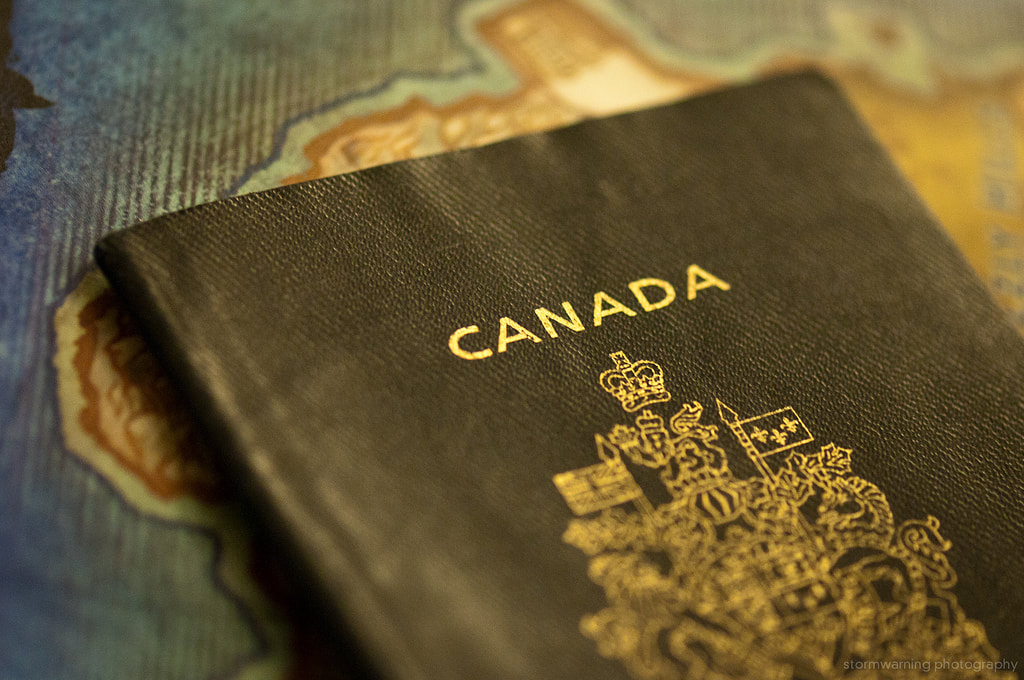The recent changes in the Citizenship Act introduced by the Liberal government worked to remove the provisions from Bill C-24 that reduced the rights of some citizens and allowed them to be treated differently and restored the core principle of equal citizenship for every Canadian.
So, with the Prime Minister's declaration that “a Canadian is a Canadian is a Canadian” is there any difference you will experience based on the way in which you became a citizen? The short answer is yes – your ability to pass along citizenship to your children may be affected by the manner in which you became a citizen.
How can you become a Canadian Citizen:
There are a number of ways in which someone can become a Canadian Citizen. These include:
- Citizen by birth: in most cases if you are born in Canada you are automatically a citizen by birth
- Citizen by descent: if you are born outside of Canada to a Canadian citizen parent, you may become a citizen by descent
- Citizen by grant or naturalization: if you apply to become a Canadian citizen upon meeting the eligibility requirements (such as having lived here for the required period of time) you will become a naturalized citizen
There are exceptions to these general categories as well. For example, children born to foreign diplomats are generally not granted Canadian citizenship. Canada also has categories of citizens that come from the definitions and changes in the Citizenship Act from 1947 onwards.
More importantly, in the case of citizenship by descent, not all current Canadian citizens can pass along in the same way and their ability to pass along citizenship to their children will depend on how they acquired citizenship themselves. As of April 17, 2009 the Citizenship Act changed such that if you are born outside of Canada to parents who also obtained their citizenship by descent when they were born outside of Canada, you would not automatically obtain Canadian citizenship. This is in contrast to a child born outside of Canada to parents who are either Canadian citizens by naturalization or born in Canada.
The reason for this one generation limit on citizenship by descent is to prevent automatic passing on Canadian citizenship beyond the first generation for those who obtain citizenship by descent outside of Canada and likely have fewer ties with Canada. However, the fact that you do not automatically become a Canadian citizen is not necessarily the end of the analysis. There may be ways in which we can apply for you to obtain permanent residence status and then subsequently apply for a grant of citizenship. Therefore, how a person acquires citizenship will have a direct impact on his or her ability to pass along the citizenship to future generations.
The analysis of these types of cases can be very complicated and there are many exceptions that should be examined before we can determine if someone is or is not a Canadian citizen. In such complicated cases, you should seek legal advice and work with your lawyer to accurately assess your situation and determine the appropriate course of action.
Even though citizens by descent are limited in their ability to pass along their citizenship, they enjoy the same citizenship rights and privileges in Canada as all other citizens. The beauty of Canada's multicultural society is in its ability to allow people who have arrived at Canadian citizenship through different paths to be treated equally and to live together in harmony.



 RSS Feed
RSS Feed